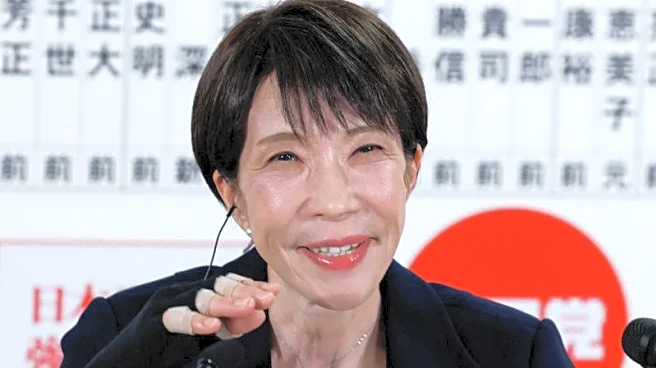Rapid Read • 7 min read
India has dismissed threats from President Trump to impose higher tariffs on Indian goods due to its continued purchase of Russian oil. The Indian government, represented by Foreign Ministry spokesman Randhir Jaiswal, defended its actions as necessary for national energy security. Jaiswal criticized the pressure from the U.S. and EU, labeling it as unjustified, and pointed out the hypocrisy of Western nations that continue to trade with Russia. The existing 10% tariff on Indian products is expected to rise to 25%, further straining the trade relationship between the U.S. and India.
AD
The tariff threat from President Trump highlights the geopolitical tensions surrounding the Ukraine conflict and the global energy market. India's reliance on Russian oil is a strategic decision to ensure energy security, but it also complicates its diplomatic relations with Western countries. The potential increase in tariffs could impact India's economy, particularly its export sector, which benefits significantly from trade with the U.S. The situation underscores the challenges faced by countries balancing economic interests with international political pressures.
India may seek to negotiate with the U.S. to mitigate the impact of increased tariffs, while continuing to assert its right to secure energy supplies. The escalation in tariffs could lead to retaliatory measures, affecting bilateral trade relations. As India navigates these challenges, it may also explore alternative energy sources or strengthen ties with other nations to diversify its energy portfolio.
The situation raises questions about the ethics of international trade policies and the influence of geopolitical conflicts on economic decisions. India's stance reflects a broader trend of countries prioritizing national interests over external pressures, which could lead to shifts in global trade dynamics. The emphasis on energy security highlights the ongoing challenges in achieving sustainable and equitable energy solutions.
AD
More Stories You Might Enjoy











